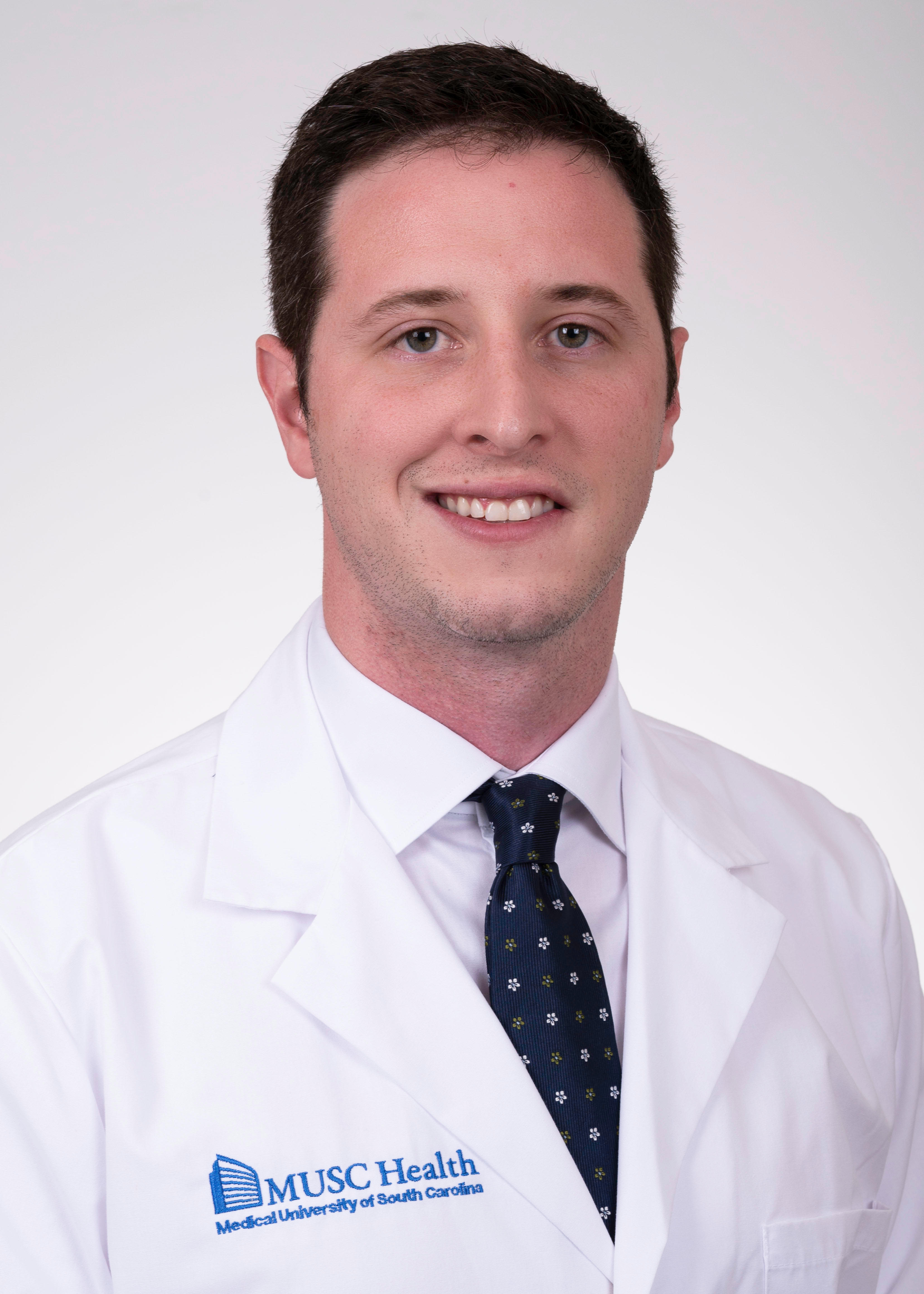
Ben Strickland, MD
- Brain & Spine Cancer
- Neurosurgery
- Spine Surgery
- Charleston, SC
There are many types of tumors that can grow on tissues inside your skull or on nerves throughout the body that are not cancer. In fact, each year more people are diagnosed with nonmalignant (not cancerous) brain and central nervous system tumors than with malignant (cancerous) tumors.
Tumors that develop within the skull – but not in the brain itself – are called skull base tumors. These tumors may develop underneath, above or to the sides of the brain. Sometimes these tumors grow very slowly. In this case, “watchful waiting” can be a safer option than neurosurgery or radiation, and, as long as you aren’t having any symptoms, you can live for years without actively treating these tumors.
However, if the tumor begins to grow, it can press against your brain and cause symptoms similar to those caused by a brain tumor. At that point, you and your doctor will need to discuss the best treatment options for you.

MUSC Health has been recognized as High Performing in Cancer care in the 2025–2026 U.S. News & World Report rankings. This honor underscores our advanced expertise and dedication to providing patients with innovative treatments and personalized care.
Meningioma is the most common central nervous system tumor, with about 50,000 cases every year. These tumors grow out of the meninges, membranes that surround and protect the brain and spinal cord. Most meningiomas are considered benign. About 20%, though, are cancerous. You may also hear these cancerous meningiomas referred to as malignant.
Often, meningiomas do not produce symptoms. Sometimes, the symptoms at first can be subtle and seem like normal aging. If the meningioma begins to grow and press on the brain, then it can produce more serious symptoms. Depending on location, these symptoms could include:
Because most meningiomas are slow growing, they can be carefully observed in a process called watchful waiting. Your doctor will schedule regular exams and scans to check whether the tumor is growing.
If the meningioma is causing symptoms because of where it is pressing against the brain or because it is cancerous, then treatment should begin. The main treatments are surgery or radiation therapy.
Schwannomas are tumors that grow out of Schwann cells. Schwann cells encircle peripheral nerves – all of the nerves in your body outside of the brain and spinal cord. Schwannomas are the most common peripheral nerve tumor, but they are still quite rare.
Most often, a person will develop a single Schwannoma randomly. People with certain conditions, like neurofibromatosis type 2 or Schwannomatosis, are more likely to have multiple Schwannomas. The most common type of Schwannoma is a vestibular Schwannoma, also called an acoustic neuroma. This is a Schwannoma that grows on the nerves in your inner ear that control balance and hearing.
Usually, Schwannomas are benign. But, like other benign tumors, they can still cause pain or unpleasant symptoms, depending on where they’re located. Possible symptoms include:
Watchful waiting will likely be the first treatment option for Schwannoma. Surgery and radiation therapy are the two main options for active treatment; however, because there are risks with both of these options, watchful waiting can be the safer option as long as the Schwannoma isn’t interfering with your quality of life. Discussions with your doctor will determine the best course of action for you.
Pituitary tumors are surprisingly common – perhaps 10% to 20% of people have a pituitary tumor. Most of these people, though, never know because the tumor doesn’t cause problems.
Pituitary tumors grow in the pituitary gland, located in the middle of the head below the brain and above the back of the nasal passages. The pituitary gland secretes hormones that prompt other glands and organs to act, and it plays a role in regulating growth, metabolism, blood pressure and sexual maturity.
A tumor on the pituitary gland can cause problems in two ways: if it grows too large, it can press against the brain or nerves, which can cause problems with vision or smell, headaches, nausea or vomiting. If the tumor is producing hormones (called a functional adenoma), then those extra hormones can cause problems with reproductive functions or growth.
Most pituitary tumors are benign. Very few are cancerous.
One of the main treatments for pituitary tumors, once they begin to cause symptoms, is surgery. Neurosurgeons work closely with ear, nose and throat specialists to operate successfully.
Other treatments include radiation therapy and medication.
Clinical trials help us to find better treatments. A clinical trial might be testing whether a treatment is more effective or has fewer side effects than existing treatments or could be looking for biomarkers that would help doctors to better match treatments to specific patients.
Clinical trials are especially important for people with brain tumors. Sometimes, they can offer a chance for a promising treatment option before it’s widely available. Our team works diligently to ensure that we have an array of clinical trials available.
Hollings has been a member of the Brain Tumor Trials Collaborative since its inception. This collaboration among 33 institutions across the country develops and runs clinical trials investigating treatments for a variety of brain tumors.
In addition, Hollings is a member of several other collaborative research groups, such as the Alliance for Clinical Trials in Oncology, SWOG and the National Cancer Institute Community Oncology Research Program (NCORP), and works with industry partners to bring clinical trials here. This means that you will have access to the latest therapies for brain tumors right here in South Carolina.
Learn more about clinical trials at Hollings and see our current brain tumor clinical trials.



To refer a brain tumor patient to Hollings, please call patient referral coordinator Kelly Fehr at 843-985-0577.
Our brain tumor nurse navigator, Janequa McKnight, BSN, RN, will help you understand what to expect during treatment and answer questions you may have.